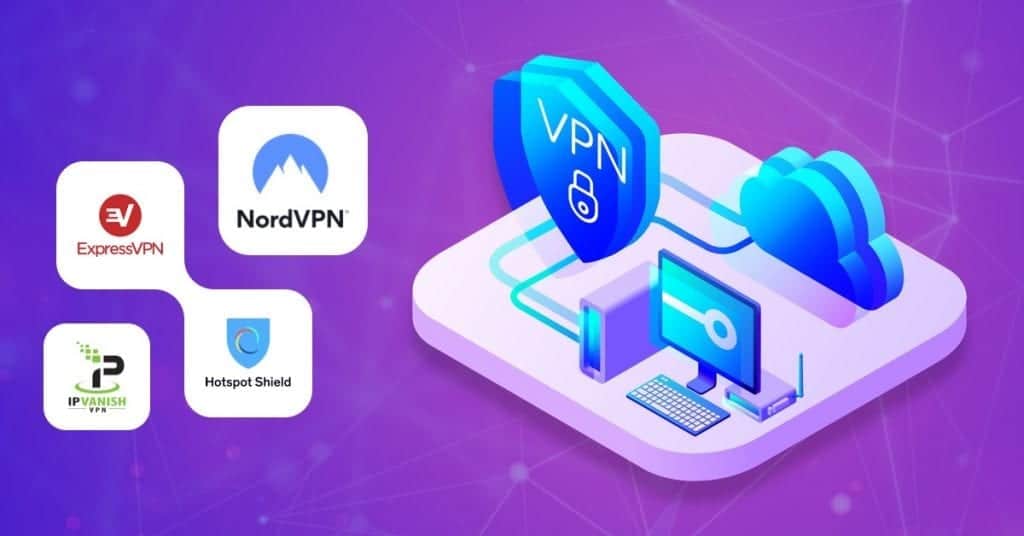The online space has become a breeding ground for thieves to fully manifest their wickedness. This has led to a deep need for online privacy by most internet users and has driven many to take up Virtual Private Network (VPN) services to protect their identity and their data.
You probably are interested in VPN services yourself. If that’s the case, here’s what you need to know before you invest in best VPN services:
1. The Technical Security Aspect
A VPN service that you should invest your money in should be packed with the best security features like split tunneling, Tor compatibility, kill switches, secure level encryption, and a vast selection of strong protocols.
Additionally, be on the lookout for features like OpenVPN functionality as well as products that are audited independently by established third parties.
The VPN service should also be able to incorporate open source software if the need arises, accept anonymous payments and have a well laid out policy of disclosing any weaknesses.
Some VPNs are prone to suffer DNS and IP leaks which can be viewed by your ISP and other entities that have access to your network. You want to avoid such a VPN service.
A good service will have proper measures and strong security standards in place to safeguard user data.
2. The Legal Jurisdiction
Every VPN service provider is subject to certain local laws and regulations and it’s important that you familiarize yourself with those laws and the role they play with regards to your privacy. If the VPN provider has a strong logging policy, then jurisdiction shouldn’t be a big issue.
Be that as it may, a genuine VPN service provider should have well laid out procedures that detail how responses should be done for requests made by law enforcement agencies regardless of the already existing logging policy.
These procedures, one example being warrant canary, should be available for everyone to access. Additionally, there should be strong measures set to safeguard user data from third parties that may gain access to the servers.
3. VPNs Are Not Created Equal
VPN technologies vary and have different encryption strengths. For instance, Point-to-Point Tunneling Protocol (PPTP) is quite fast but less safe compared to other protocols like OpenVPN and IPSec which uses Secure Sockets Layer/Transport Layer Security (SSL/TLS).
VPNs have overheads. As such, the stronger the encryption, the greater the impact on connection speed.
It’s vital, then, to analyze the kind of VPN technology that each service provider uses and find out which one will serve you best for the kind of data that you have.
4. There Are Free And Paid VPN Packages
Free VPN packages have limited server selections, slow connection speeds owing to the servers being overcrowded, and numerous ads popping up.
Additionally, there’s a high likelihood that the IP address they use will be filtered or blocked on certain websites. Also, note that hackers and spammers take advantage of free VPN services when performing their fraudulent activities.
Paid VPN services like Surfshark have no restrictions in download speeds nor do they have data limits. They also do not keep logs that may be used to identify you as a user. They also have security settings so you don’t have to configure them yourself.
Read More: Proxy Meaning | Be Anonymous Online | VPN Tips | Industry Report
Conclusion
If you’re looking for a VPN service provider, here is a detailed VPN Comparison of the top-rated VPNs to work with.







